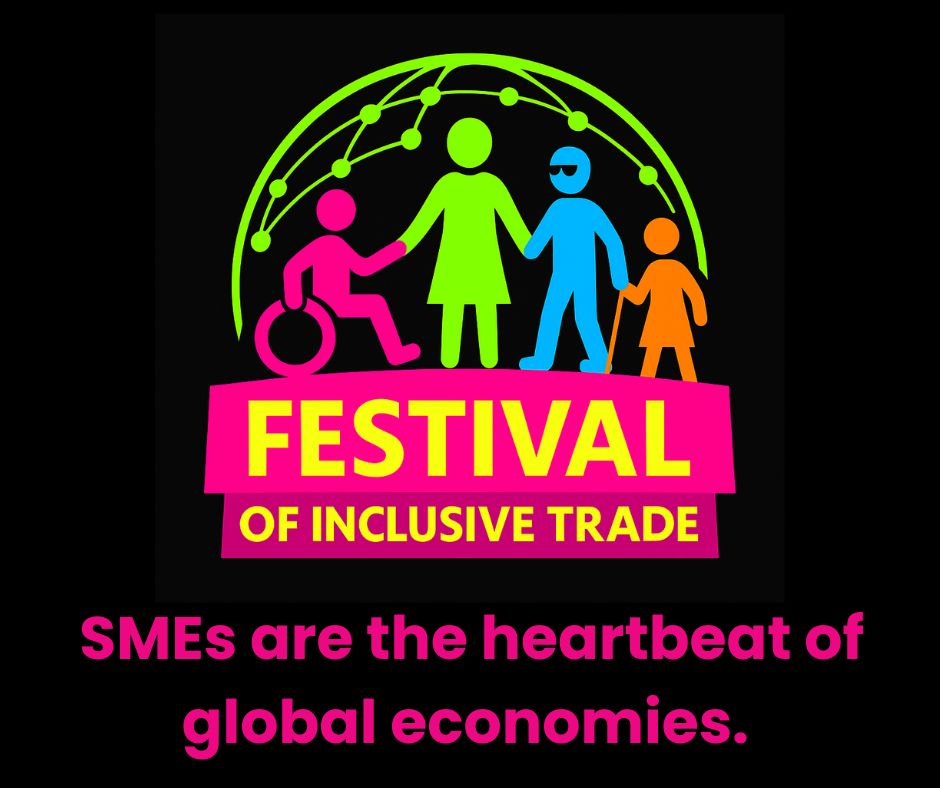Real Stories: How Migrant Entrepreneurs Drive SMEs and Global Trade

In our last article, we explored how migrant entrepreneurs power small and medium-sized enterprises (SMEs), foster innovation, and sustain global trade. Today, we dive into real-life examples that show this impact in action—proof that diversity, resilience, and creativity are the engines of economic growth.
1. Tetsuro Hama – Blending Cultures in UK Manufacturing
Tetsuro Hama, a Japanese migrant, founded The Jem Group in the UK over 50 years ago. By combining Japanese craftsmanship with British manufacturing techniques, Tetsuro created products that appeal both locally and internationally. His journey illustrates how migrant entrepreneurs bridge cultures and markets, strengthening SMEs and global trade.
2. Gore Ladu – Innovating Under Pressure in South Sudan
Gore Ladu turned seasonal floods into opportunity by scaling his canoe-making business with a $9,240 loan from Inkomoko. His boats provide essential transportation for communities and support regional trade. Gore’s story shows how migrant entrepreneurs create value even under challenging circumstances.
3. Muktar Mohamed – Powering Community in Ethiopia
Ethiopian entrepreneur Muktar Mohamed used a $3,500 loan to buy a generator for his café in Jigjiga, allowing him to operate during frequent power outages. His café now employs 21 staff and serves as a community hub, demonstrating the transformative effect SMEs have when migrant entrepreneurs leverage resources creatively.
4. Pakistani Entrepreneurs – 24-Hour Grocery Stores in the UK
Pakistani migrant entrepreneurs have launched 24-hour grocery stores across the UK, providing essential services while integrating into local supply chains. These businesses showcase how migrant-led SMEs keep communities connected, create jobs, and sustain trade networks.
5. Turkish Entrepreneurs – Retail Innovation in Germany and Denmark
Turkish migrants have transformed the grocery retail sector in Germany and Denmark, offering products for both local and ethnic communities. Their businesses strengthen supply chains, promote cultural exchange, and demonstrate how migrant entrepreneurs enhance economic resilience.
What These Stories Teach Us
These case studies highlight a universal truth: migrant entrepreneurs don’t just start businesses—they connect communities, strengthen global supply chains, and innovate across borders. They embody resilience, creativity, and adaptability, showing that SMEs thrive when diversity is embraced.
As we look forward to the 2026 Festival of Inclusive Trade, themed “Redefining Inclusivity During Economic Turbulence,” it’s clear that supporting migrant entrepreneurs is not just morally right—it’s smart economic strategy. By championing SMEs, fostering inclusivity, and investing in global connections, we strengthen economies, communities, and supply chains alike.
Celebrate diversity. Support SMEs. Recognise that the next breakthrough product, neighbourhood, or iconic brand could come from someone who crossed oceans to make it happen.
Because the story of SMEs—and the story of global trade—is richest when built together.